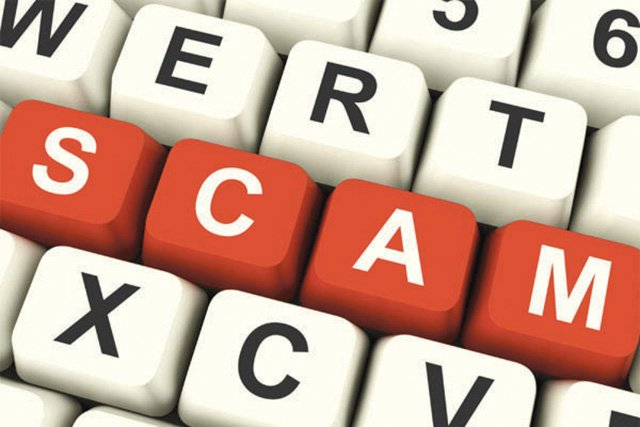
The IRS issued a consumer alert Tuesday about scams involving the fuel tax credit, the sick and family leave credit, and household employment taxes that it said have led thousands of taxpayers to file inflated refund claims. Instead of getting their refunds, taxpayers are finding that their checks are delayed as the IRS seeks documentation to support claims for these credits and household employment taxes paid.
The refund amount is frozen on returns with these bad claims, the IRS said, meaning that even if a portion of the refund is based on legitimate claims, taxpayers will not receive any refund amount.
For filing an improper claim, some taxpayers could face penalties of up to $5,000 per return, follow-up audits, or, if an improper claim is filed knowingly, criminal prosecution. The IRS encouraged people to review the guidelines and seek advice from a trusted tax practitioner. To avoid penalties, taxpayers may want to file an amended return to remove ineligible claims.
“Scam artists and social media posts have perpetuated a number of false and misleading claims that have tricked well-meaning taxpayers into believing they’re entitled to big, windfall tax refunds,” IRS Commissioner Danny Werfel said.
The tax credits involved in these scams are limited to specialized situations, and most of the claims do not qualify, the IRS said.
The fuel tax credit, designed for off-highway business and farming use, requires a business purpose and a qualifying business activity such as running a farm or purchasing aviation fuel. Most taxpayers do not qualify for this credit, the Service says.
The credit for sick leave and family leave was only available to self-employed individuals for 2020 and 2021 during the COVID-19 pandemic. The IRS said it has seen repeated instances of taxpayers’ incorrectly using Form 7202, Credits for Sick Leave and Family Leave for Certain Self-Employed Individuals, to claim a credit based on income earned as an employee and not as a self-employed individual.
With scams involving household employment taxes, taxpayers file Schedule H (Form 1040), Household Employment Taxes, for fictional household employees and then claim a refund based on false sick and family medical leave wages they never paid.
Social media fuels the filing of improper claims, Werfel said. The scams “illustrate that it’s important to carefully review the tax return for accuracy before filing and rely on the advice of a trusted tax professional, not some fly-by-night preparer or a questionable source they hear on social media,” he said.
Taxpayers whose refunds have been frozen will generally receive a letter from the IRS asking for additional information.


